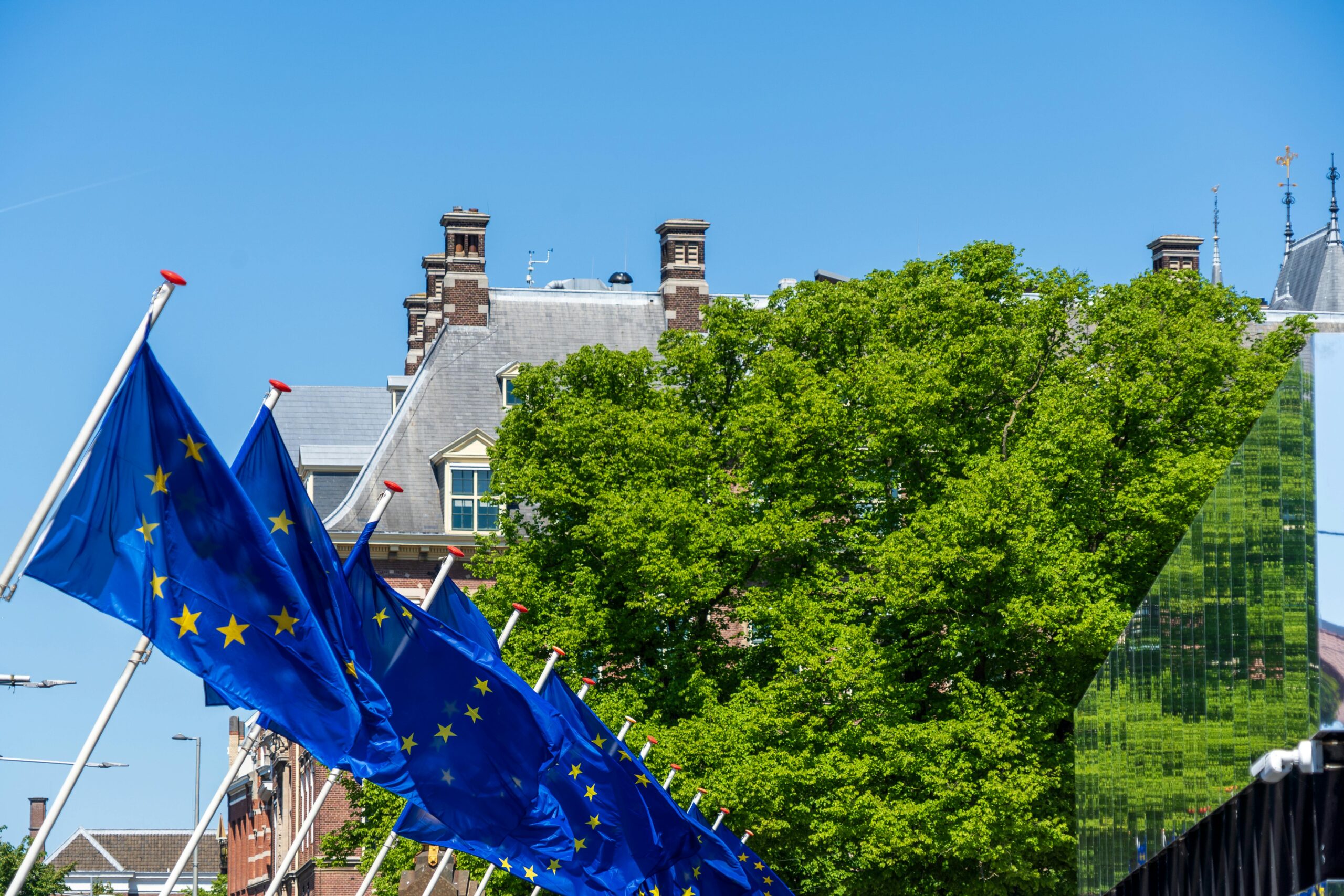On Thursday, 25 July, European Commission President Ursula von der Leyen and European Council President Antonio Costa met in Beijing with Chinese President Xi Jinping and Chinese Premier Li Qiang in a one-day summit. EU leaders delivered a stark message: the economic relationship between the two global powers has reached a critical “inflection point” and must be rebalanced.
Both EU leaders travelled to China to address a soaring trade deficit and what the EU sees as unfair competition. The summit concluded with only a joint formal statement on climate cooperation, underscoring the deep-seated challenges that remain.
An uneven playing field
At the heart of the EU’s grievances is a trade relationship it argues is increasingly skewed in China’s favour. President von der Leyen highlighted that the EU’s trade deficit has doubled over the last decade to more than €300 billion: “Unlike other markets, Europe keeps its markets open to Chinese goods, […] however, this openness is not matched by China.”
A key concern raised by the European delegation was the issue of subsidies and overcapacity. The EU contends that the Chinese state provides significant financial support to its domestic industries, particularly in green technology sectors like electric vehicles (EVs), solar panels, and batteries. This practice, the EU argues, puts European industrial competitiveness at risk. The ongoing dispute over the EU’s anti-subsidy investigation into Chinese EVs is a clear example of this friction, an issue that remained unresolved at the summit.
Market access and raw materials
Beyond subsidies, the EU leaders pressed China on two other priority areas: market access and export controls. On market access, the principle of reciprocity was stressed, with the EU pushing for European companies to have the same opportunities to bid for public contracts in China as Chinese companies have in Europe. While no firm commitments were made, the two sides agreed to work on finding concrete solutions.
Another critical topic was China’s control over the export of critical raw materials. Recent Chinese export controls have put a significant strain on some European companies that rely on these materials, such as the European automotive industry. While a full reversal of these controls was not achieved, the summit did yield one small breakthrough: an “upgraded supply chain mechanism.” This mechanism is designed to allow for the immediate review and resolution of supply bottlenecks, providing a faster way for businesses to address licensing issues.
Conclusions
Finally, the summit may be remembered more for what was said than for what was agreed upon. Expectations were low, and the fact that the 27 EU member states presented a united front, rather than seeking individual deals, was seen by some analysts as a victory in itself. The only formal deliverable was the joint statement on climate change. This was a welcome development, as there had been doubts that it would be agreed upon at all. The statement recommits both sides to the Paris Agreement, pledging to accelerate the deployment of renewable energy and to work together towards ambitious outcomes at the next COP30.
In conclusion, the Beijing summit served as a platform for the EU to articulate its economic concerns with unprecedented clarity. The EU has made it clear that for trade to remain mutually beneficial, it must become more balanced and fair. The ball is now in Beijing’s court to address these issues. As President von der Leyen warned, how China responds (not only on trade but also on its position regarding Russia’s war in Ukraine) will be a “determining factor” for the future of the EU-China relationship.

